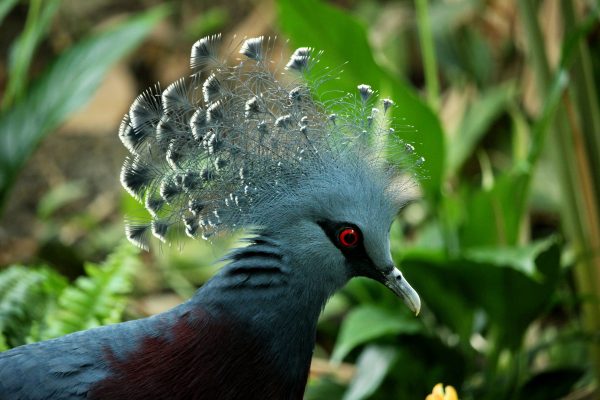Quote of the week
"I’m very rarely required to fact-check anything, because who cares
about the truth when the headline is so good? Online traffic, if it
wasn’t already obvious, is the only thing measured in this job. The fact
we share stories without paying much attention explains why I get away
with regurgitating stories while adding nothing.” — A viral news writer explains his craft in Wired magazine
 European Commission moves on fake news
European Commission moves on fake news
The recently appointed European Commissioner in charge of Digital Economy
and Society will be launching a public consultation on fake news and
setting up an expert group, per Euractiv. "It’s premature to
talk about legislation," the Commissioner said.
Apply by the end of today
The International Fact-Checking Network's fellowships are an opportunity
to go and learn something practical from another fact-checking
organization. Hurry up and get yourself one.
Nordics share fact-checking format
Norwegian state broadcaster NRK imported the Danish TV's fact-checking
format "Detektor" ahead of
the upcoming elections. It features politicians rating their own
claims on a colorful dial.

What he said
A journalist explains accountability journalism to people who don’t
like journalism. Or accountability. Here are Chicago Tribune columnist
Rex Huppke's thoughts.
'Lying for Jesus' is not OK
Fact-checking begins at church, says Christian Today writer Martin
Saunders. Using an unchecked story from the Internet to supplement your
Sunday sermon is a practice that preachers should "commit to
eradicate."
All those Harvey fakes
Hurricane Harvey, like other breaking news stories before it, has spawned
a flood of social media fakes. Here's a great round-up by Abby Ohlheiser at
The Washington Post. Yup, the fakes include that fake shark photo that
has been faked before. The user who tweeted it says he doesn't care it's fake. (GIF by @aliszewski in this 2016 piece)

Snapchat wants you to know it's different
Snap vice president of content Nick Bell told the BBC that Snapchat employs
journalists to fact-check Snaps they're re-sharing with their audience.
This adds editorial foresight that other social networks have resisted,
but "Mr Bell did not refer to Facebook by name," the BBC
article helpfully adds.
The how and the why
Full Fact does a nice job explaining not only that some reported numbers
about student migrants are wrong, but how they were misunderstood in the first
place.
The freedom to be wrong
What is the fight against fake news doing to our fundamental right to be
as contrarian, idiotic and oafish as we want to be? Here's The Economist's take.
Some fact-checking
fun
The San Diego Free Press passes along this "operetta" about fake news,
Gilbert & Sullivan style.
12 quick fact-checking links
(1) Scroll.in investigates whether the Indian
government really advocates privacy as a fundamental human right. (2) A
West Virginia newspaper debunks the campus "brothel law." (3) No,
Angela Merkel did not recycle an East German slogan.
(4) Old but relevant again: Why do people share rumors during breaking news?
(5) The Financial Times has decreed the end of the post-truth era, apparently. (6) An Italian minister
doubts The Guardian's take on prosecco and tweets "fake news." (7)
PolitiFact is starting its Knight-funded Facts Matter outreach
campaign with an event in Alabama. (8) People
in 1865 were just as gullible as they are now.
(9) The dictionary is checking President Trump's tweets, and
they're busy. (10) Entertainment Weekly pays tribute to fact-checker Jenny
Boeth. (11) This Vox video explains why our brains resist facts. (12) Where did the
word “fake” come from? (And can someone take
it back?)
|
|
|


